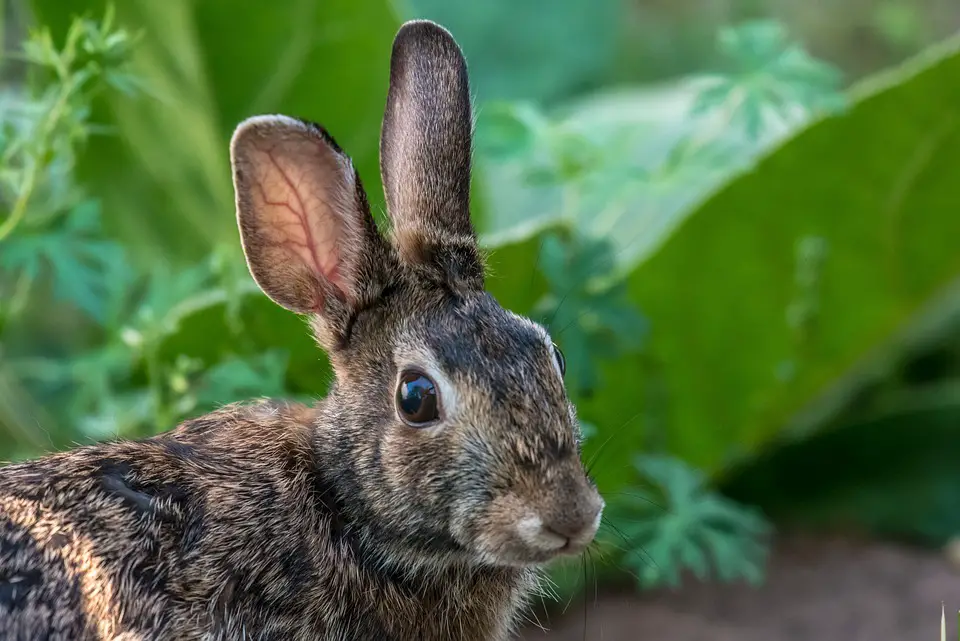Introduction
Gardening is a wonderful hobby that not only allows you to create a beautiful outdoor space but also contributes to a sustainable environment. By adopting eco-friendly practices in your garden, you can help preserve natural resources, reduce waste, and support local biodiversity. In this article, we will explore the essential ways to practice sustainable gardening and create an eco-friendly garden oasis.
Choosing Native Plants
One of the most effective ways to promote sustainability in your garden is by choosing native plants. Native plants are well adapted to the local climate and require less water, fertilizer, and maintenance than exotic species. These plants also provide food and shelter for local wildlife, promoting biodiversity. By incorporating native plants into your garden, you can conserve water, reduce the use of chemicals, and help preserve the region’s natural balance.
Water Conservation
Conserving water is crucial for an eco-friendly garden. Install a rainwater harvesting system to collect and store rainwater for later use. This allows you to reduce your reliance on municipal water supplies and save a significant amount of water. Additionally, consider using drip irrigation systems or soaker hoses instead of sprinklers, as they deliver water directly to the plant roots, minimizing evaporation and targeting water where it’s needed most.
Composting and Mulching
Composting is an excellent way to reduce household waste and create nutrient-rich soil for your garden. Collect kitchen scraps, yard trimmings, and fallen leaves in a compost bin, and let nature do the work. Over time, these organic materials break down, forming compost that can be added to your garden beds. Similarly, mulching with organic materials such as straw, wood chips, or shredded leaves helps retain moisture in the soil, suppress weeds, and improve overall soil fertility.
Natural Pest Control
Avoid using chemical pesticides and opt for natural pest control methods instead. Encourage beneficial insects like ladybugs, lacewings, and praying mantises to your garden, as they help control harmful pests naturally. Planting flowers such as marigolds, lavender, and daisies can attract beneficial insects. Additionally, consider using companion planting techniques, where certain plants provide natural pest protection for others by repelling or attracting specific insects.
Wildlife-friendly Practices
Creating a garden that welcomes wildlife is an important aspect of sustainable gardening. Incorporate bird feeders, bird baths, and nesting boxes to attract birds, which provide natural pest control and pollination services. Avoid using chemical fertilizers and pesticides that may harm wildlife. Providing water sources and creating sheltered areas with native plants will also encourage beneficial insects, butterflies, and bees to visit your garden.
FAQs Section
Q: How can I deal with weeds without resorting to chemicals?
A: To control weeds naturally, consider using mulch, hand pulling, or smothering techniques. Mulching with organic materials can prevent weed growth by blocking sunlight and inhibiting weed germination. Hand pulling or using handheld tools to remove weeds is another effective method, although it requires some effort. Smothering weeds by covering them with cardboard or layers of newspaper and then adding mulch on top can effectively stifle their growth.
Q: What are the benefits of using organic fertilizers?
A: Organic fertilizers, such as compost or well-rotted manure, provide slow-release nutrients to your plants while improving soil structure. Unlike synthetic fertilizers, organic options build long-term soil fertility, increase water-holding capacity, and support beneficial soil microorganisms. By using organic fertilizers, you contribute to healthier plant growth, reduce nutrient runoff into water bodies, and minimize environmental pollution.
Q: How can I attract pollinators to my garden?
A: Pollinators are essential for the reproduction of many plants. To attract pollinators like butterflies and bees, plant a variety of flowers that bloom at different times throughout the season. Include native wildflowers, herbs, and flowering shrubs in your garden. Provide a water source, such as a shallow dish with pebbles, for bees to safely drink from. Avoid using insecticides that may harm pollinators and create nesting habitat through patches of bare soil or strategically placed bee houses.
Q: How can I make my garden more bird-friendly?
A: To make your garden bird-friendly, offer a variety of food sources such as nectar, suet, seeds, and fruits. Install bird feeders and keep them clean and filled year-round. Plant native trees, shrubs, and flowers that provide shelter, nesting sites, and natural food sources for birds. Provide a clean water source, like a bird bath, and keep it filled and refreshed regularly. Creating a diverse and natural habitat will entice a wide array of bird species to visit your garden.




